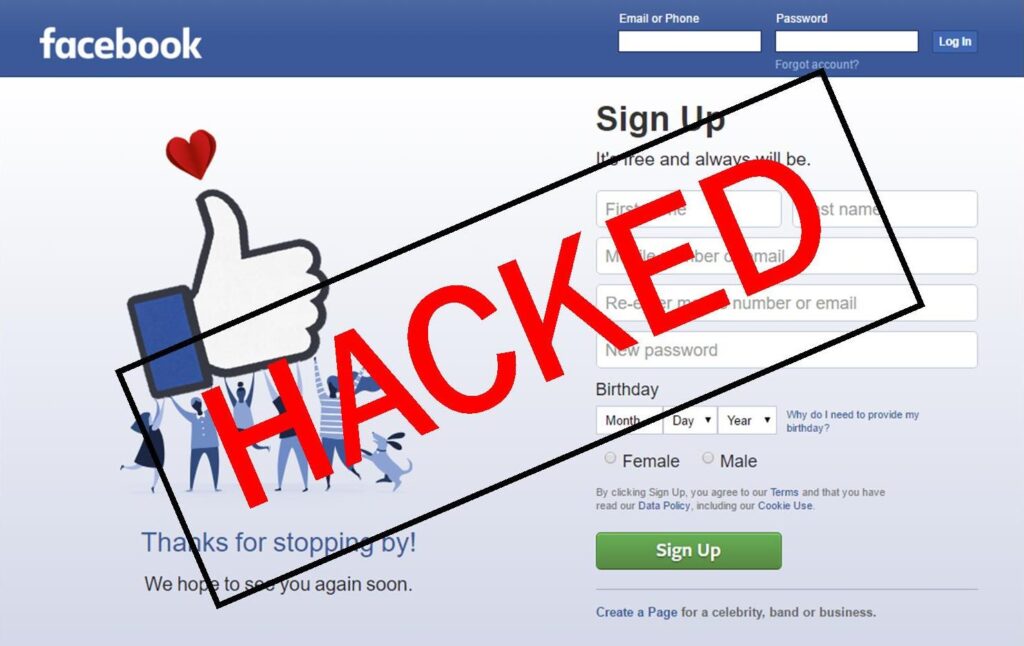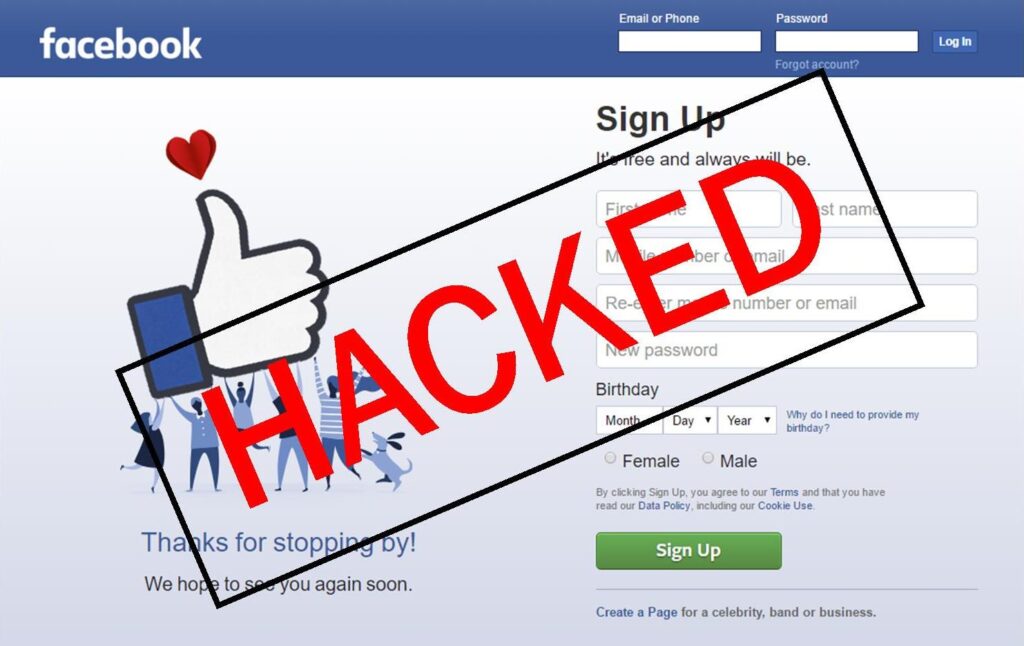
If you have a Facebook account, then you likely have seen strange posts or messages from your friends that are soon followed with “Don’t click the link I sent you, my account was hacked!”
Many of you may have been the ones to post the message. It is frustrating on both sides and it is also preventable. Here are some tips to help you secure your account and hopefully avoid being in that situation.
Passwords
“I can’t remember passwords, so I have to use my dog’s name.“
Strong passwords are the first step to securing your account. This applies to all accounts, not just Facebook. A strong password is one you can’t guess or crack using a brute force attack. Hackers use computers to try various combinations of letters, numbers and symbols in search of the right password. Modern computers can crack short passwords consisting of only letters and numbers in mere moments.
As such, strong passwords consist of a combination of uppercase and lowercase letters, numbers and special symbols, such as punctuation. They should be at least 12 characters long, although we’d recommend going for one that’s even longer.
There was an article published on cybernews.com in March 2023 titled “How to Create a good and strong password” that provides great advice for understanding, and creating good passwords and things to avoid.
Here are the main characteristics of a good, secure password:
- It’s at least 12 characters long. The longer your password is, the better.
- Uses uppercase and lowercase letters, numbers and special symbols. Passwords that consist of mixed characters are harder to crack.
- Doesn’t contain memorable keyboard paths.
- It’s not based on your personal information.
- Password is unique for each account you have.
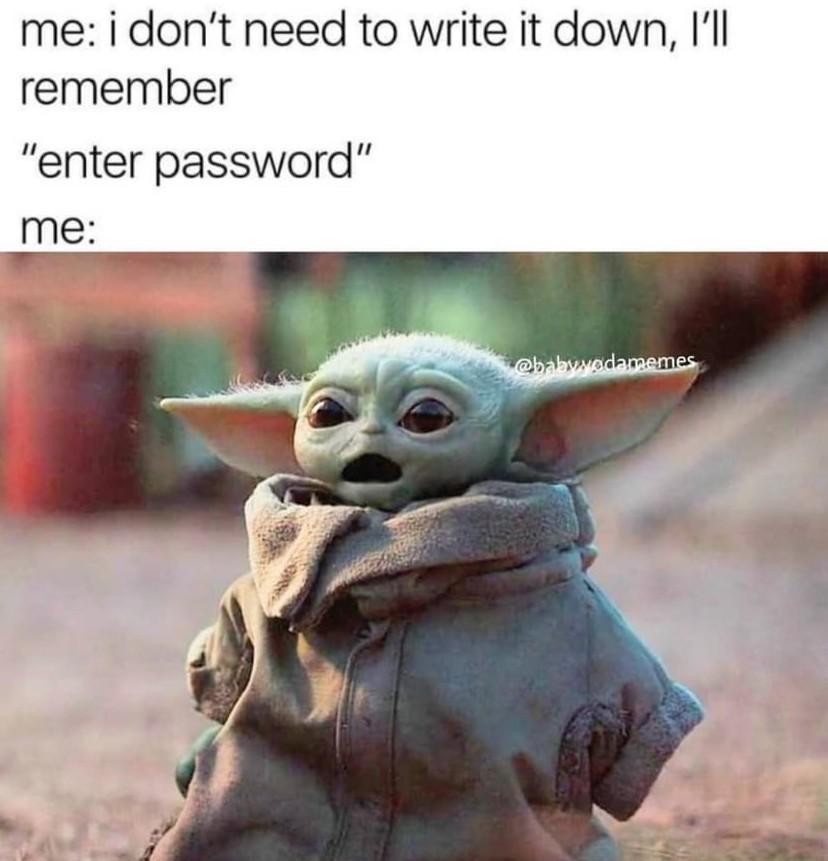
Account settings
“I don’t want spam emails from Facebook, so I’ll put in my old AOL email address that I never use.“
Do you know what email address is tied to your account? Can you access that email account? If you answered no to either or both of those accounts, then I suggest you fix that right away. I recently had a friend who had stayed logged into her Facebook account on her phone since she got it years ago. That phone died and she got a new one. When she went to log in on her new phone, she needed to verify her email address. She had no idea what email she used and when she figured it out, the email account had been closed because she hadn’t used it.
Check your account settings and verify the email address and mobile number are accurate.
Confirming your mobile number is one of many ways to enhance your account security on Facebook. This way, even when you lose or forget your password, Facebook will be able to send you a new one via a text message.
Two-Factor Authentication
“Ugh! I hate waiting on that stupid code to come in via text message!“
After you’ve enabled Two-Factor Authentication, any time you (or someone else) tries to log in to your Facebook account from an unknown device/browser, you’ll receive a text message on your cell phone with a security code that you must enter before Facebook will allow you to log in.
This means it will be impossible for someone else to log in to your Facebook account from a device that you do not own unless they also have physical access to your cell phone.
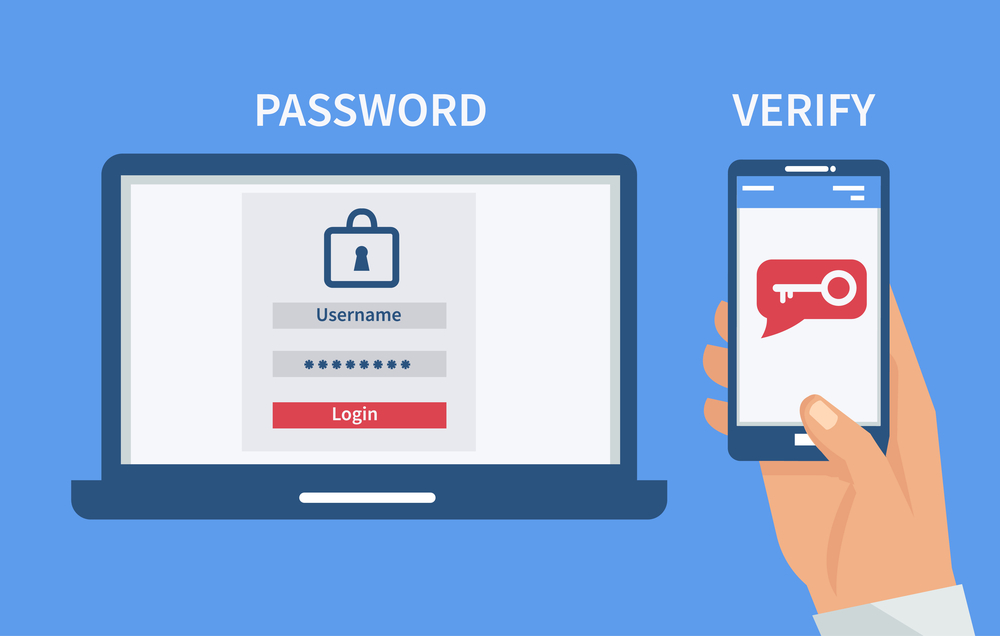
Apps and games
“I have to play Candy Crush!”
Apps and games aren’t always your friends. Facebook is home to thousands of useful and legitimate apps and games that people use day in and day out, but this expansive catalog makes it easy for hackers and general miscreants to trick users into enabling and using apps and games that are nothing more than fronts for scams. Some of the worst offenders are quizzes, such as the ones from NameTests.
AVOID THEM!
If someone suggests that you try out an app you’ve never heard of, message them before you add it and ask them if they really use that app and if they really sent the suggestion. Just because it appears that something was sent to you from a friend doesn’t mean it really was.
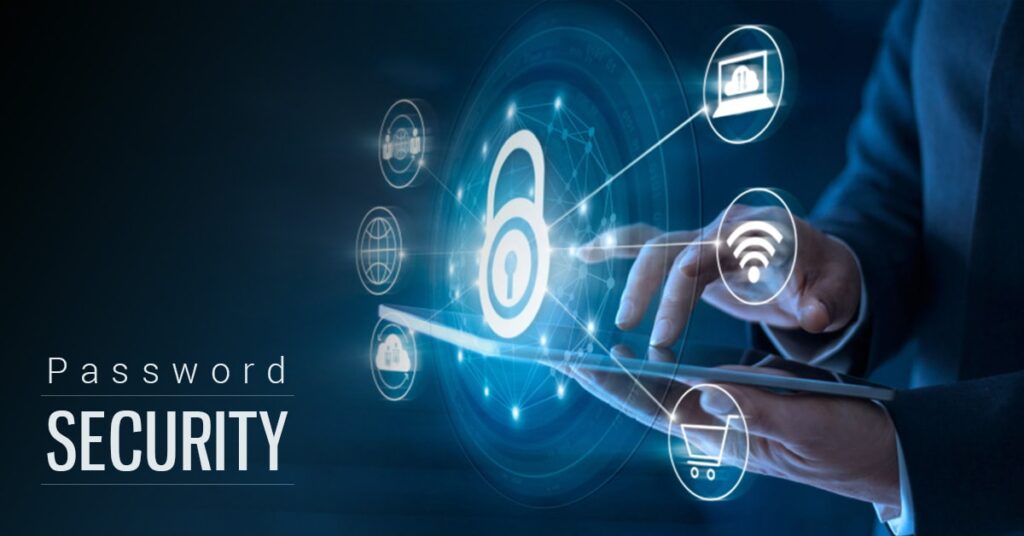
Conclusion
One last reminder is to log out!
Most of us wouldn’t have thought that our online accounts would get hijacked, but there are people out there on the web who are actively trying to gain access to our sensitive information. Let’s not make it any easier for them.
Share this article with your family and friends!

